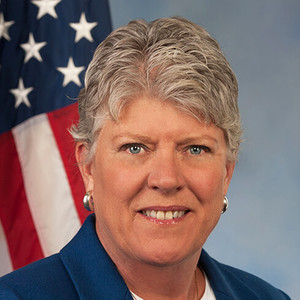Bill aims to incentivize the production of SAF




February 8, 2021
BY Erin Krueger
Advertisement
Advertisement
Related Stories
The U.S. EPA on Jan. 15 released data showing nearly 23.25 billion renewable identification numbers (RINs) were generated under the Renewable Fuel Standard in 2025, down more than 8% when compared to 2024.
Repsol has reached a new milestone in its strategy to decarbonize transport by surpassing 1,500 service stations – 1,429 in Spain and 71 in Portugal – supplying Nexa Diesel made from 100% renewables.
The U.S. House of Representatives on Jan. 8 voted 397 to 28 in favor of an appropriations package that includes language on biomass energy and sustainability. Reports accompanying the legislation include guidance on SREs and SAF.
Total operable U.S. biofuels capacity was at 25.297 billion gallons per year in October, unchanged from the previous month and up nearly 2% when compared to October 2024, according to data released by the U.S. EIA on Dec. 31.
Agenda released for 19th Annual International Biomass Conference & Expo
Biomass Magazine has released the agenda for the 19th Annual International Biomass Conference & Expo, scheduled for March 31-April 2, 2026, at the Gaylord Opryland Resort & Convention Center in Nashville, Tennessee.





